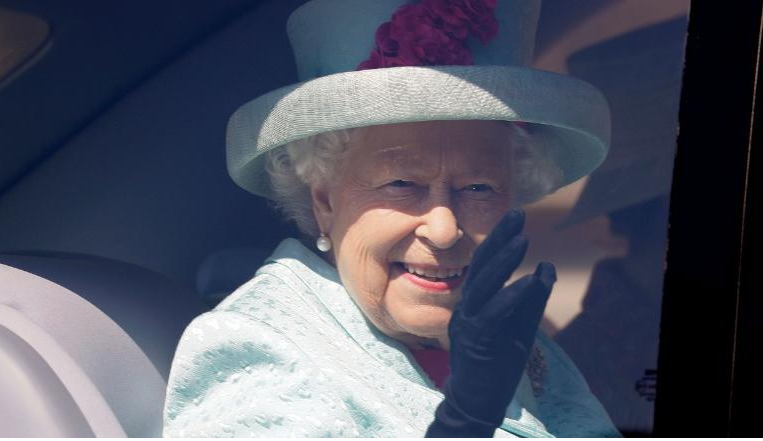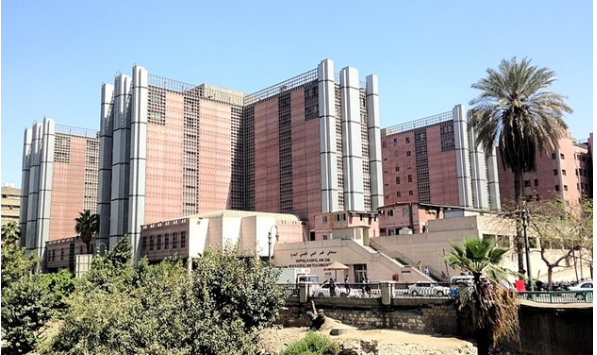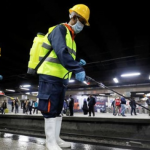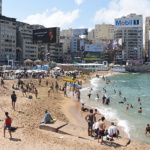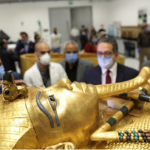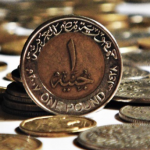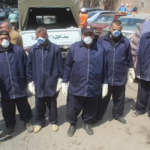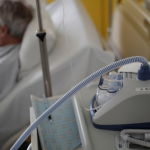Italy’s tradition of bending the rules – often wittily, sometimes wickedly – is facing its gravest challenge in memory, with this proudly rebellious culture crushed under the dread of coronavirus.
The “defiance” of the early days is gone.
Many of those who shrugged off the coronavirus risk as nothing more than flu-like are now locked inside. Those who preached “resistance” are working from home. The hashtag #iorestoacasa (I’m staying home) has been trending on Twitter, with celebrities and influencers telling fans to stay put.
Will they abide, or will they start mingling again before long? Will that hamper the fight against coronavirus?
Haunting the whole country is an unanswered question: why exactly has Italy been hit so hard?

“Italians certainly are not disciplined, don’t follow rules until they realise the damage this does”, says Enrico Franceschini, a London-based novelist and columnist for the Italian newspaper La Repubblica.
“They tend to say, ‘I’ll go out with my friends, I’ll go for a drink – what’s the big deal?’ This may have contributed to making the immediate reaction to the virus a bit more difficult.”
Italians historically view authority with suspicion – a legacy of centuries governed by foreign powers and, more recently, a series of national governments marred by self-dealing, even corruption.
Indeed, Silvio Berlusconi, who remains Italy’s longest-serving post-war prime minister, drew admiration in some quarters because he was so expert at dodging rules.
In announcing the extraordinary set of measures that put the whole country in lockdown on Monday evening, Prime Minister Giuseppe Conte himself made reference to the tricky aspect of some countrymen.
“This is a national emergency,” he declared. “Don’t get wise.”
In the early stages of the outbreak of coronavirus, while most abided by the rules and respected limits to their movements imposed on them, there were also countless tales of breaches.
In one case that made headlines, a couple escaped the “red zone” to go skiing in another region. They were caught – and tested positive for coronavirus.
And Milan, Italy’s financial capital, was keen to show it remained open for business even amid the outbreak.
A video called “Milan doesn’t stop” went viral, and Nicola Zingaretti, the leader of the co-governing Democratic Party travelled north from Rome for an “aperitivo” with young members of the party. He, too, has since tested positive for coronavirus and is in self-isolation.
After news the government was looking to extend a quarantine to the whole of the north leaked online, thousands rushed to the train stations to escape the restrictions.
Just like many rushed to supermarkets in the middle of the night hours before the full lockdown.
Italians are now suffering the worst coronavirus outbreak outside of China, with a mortality rate of about 5% – higher than in other parts of the world, possibly due to Italy’s old population.
The government has imposed the toughest set of restrictions on its citizens since World War II. Schools are closed, gatherings banned, outings allowed only if crucial. Even Sunday Mass and football matches are off.
From Rome to Venice, streets are deserted and cafés empty. Italians have said goodbye to dolce vita.
Instead, many are left waiting for the grim updates given every afternoon by health authorities on the march of the virus.
And officials in the north of the country, the hardest hit part, are demanding even stronger measures to completely shut down commercial activity and public transportation.
The restrictions are forcing Italians to break social habits and family networks. No more handshakes and no more kiss-greeting.
“One of the problems is that Italians are not used to being physically separated. So that’s much more of a cultural shock here than would be in Germany”, says John Hooper, the author of the book The Italians and a correspondent for The Economist in Italy.
“Italians feel uncomfortable being a metre apart. That aspect makes it very taxing for them”.








